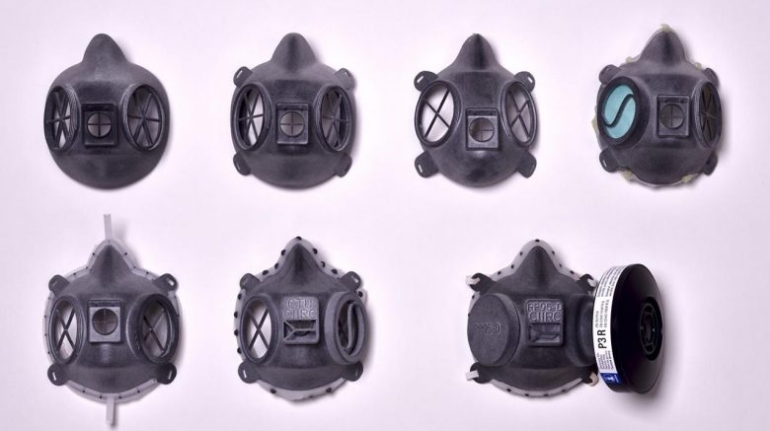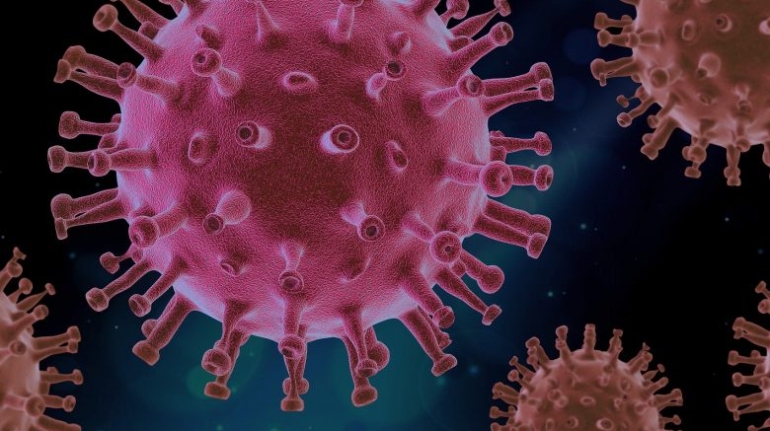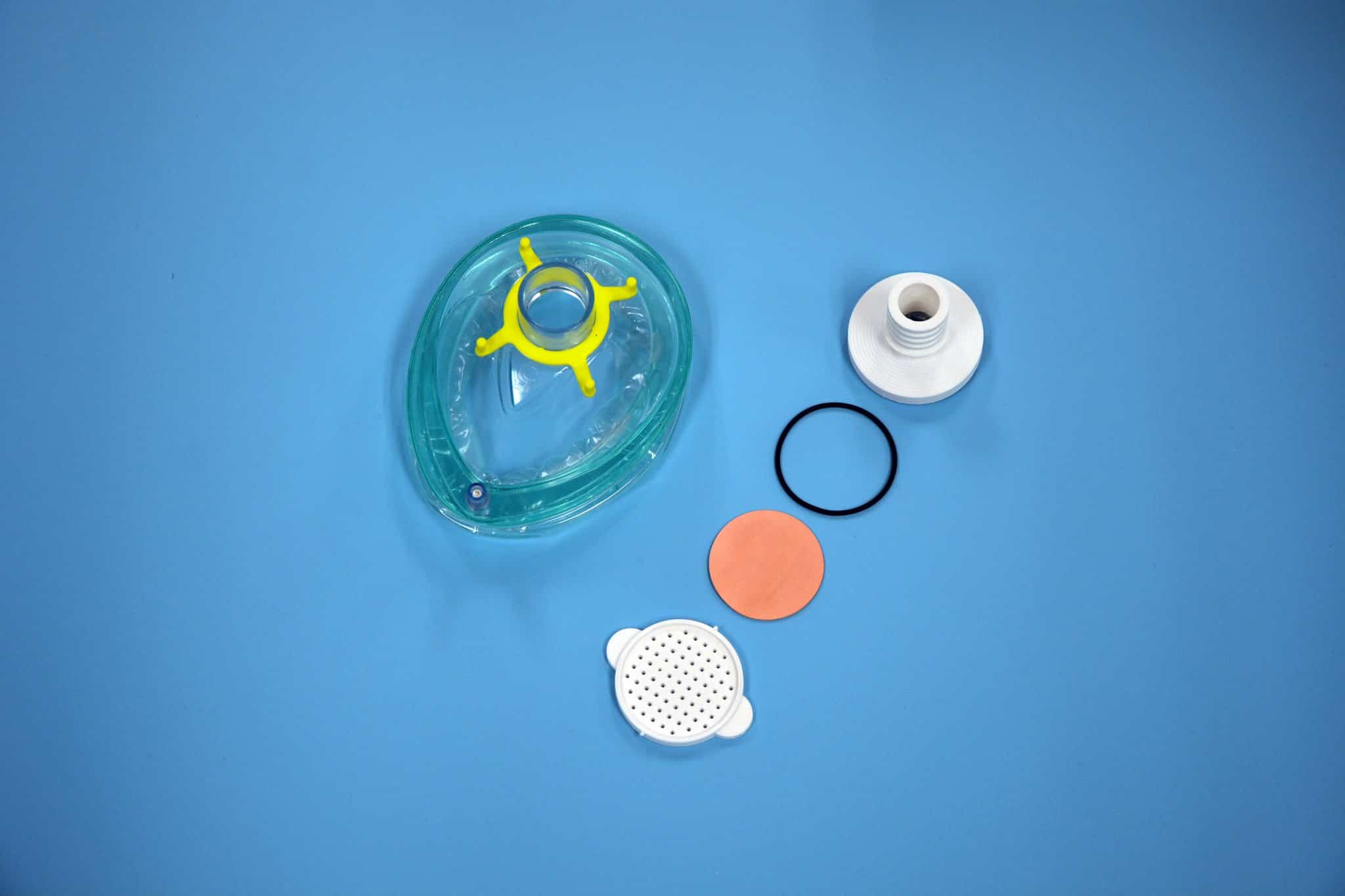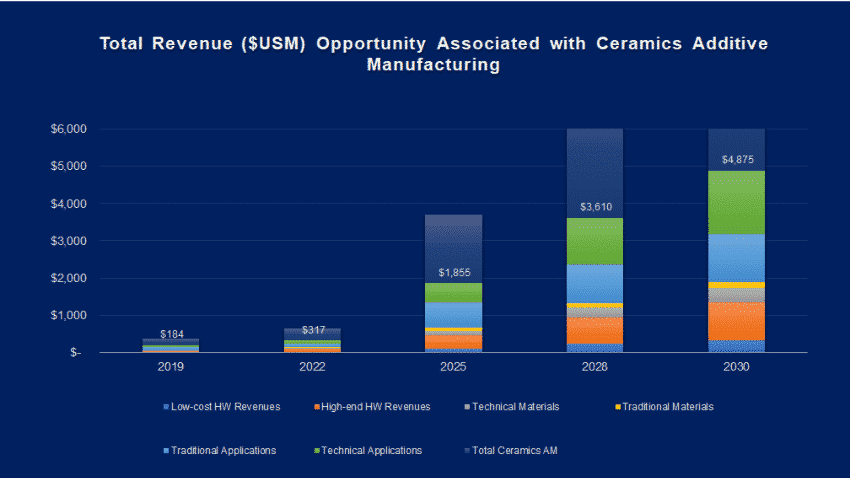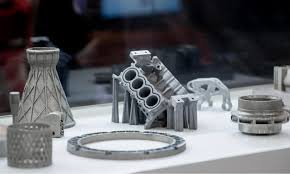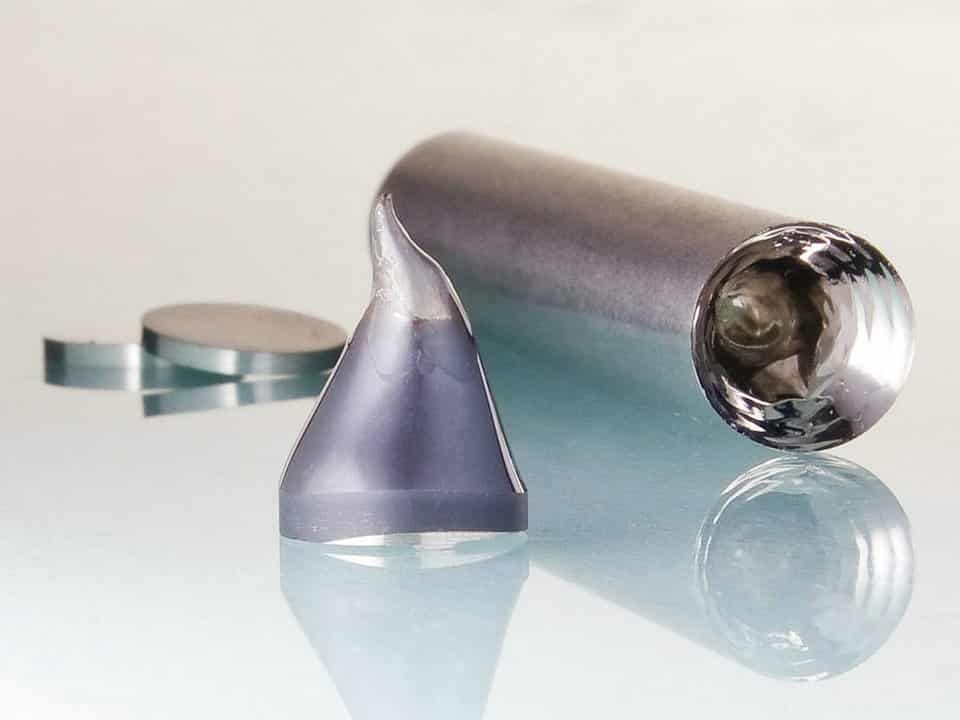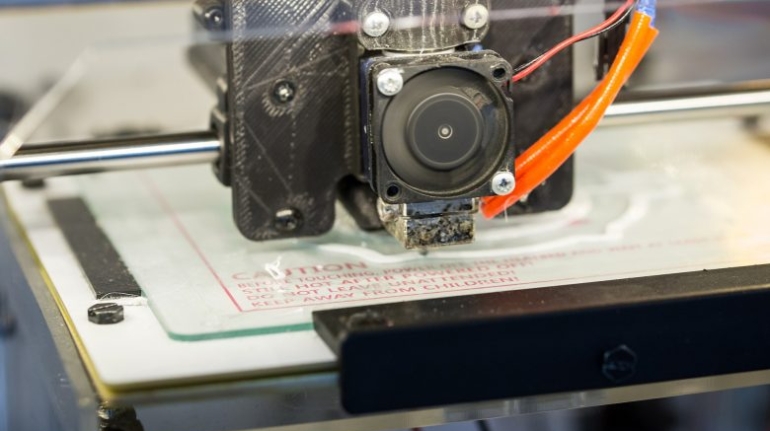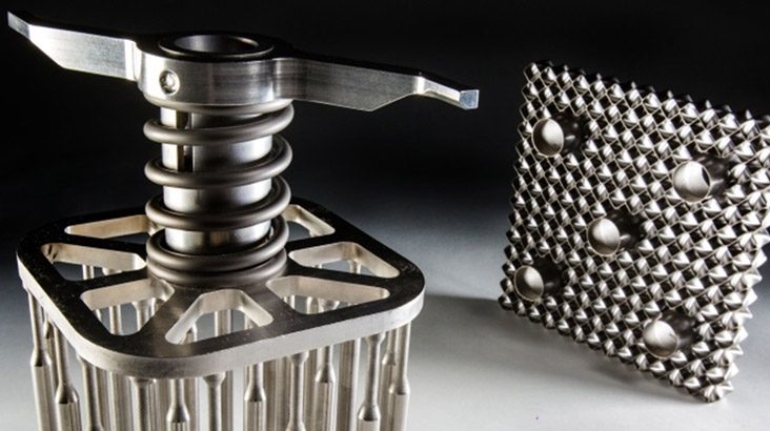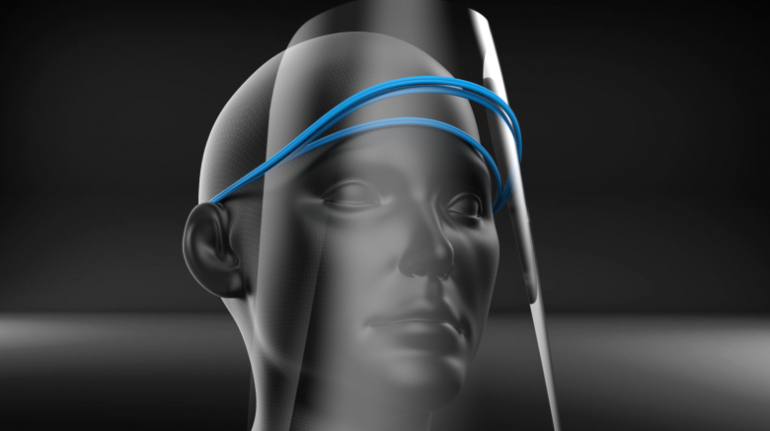HP COVID-19 devices are the next million-part 3D printing application AM Industry
In the very first days of the COVID-19 emergency in Europe, 3dpbm connected with the team at HP evaluating possible responses. At the time HP was working on just two medically validated devices: the Materialise hands-free door opener and a surgical mask fitter. Since then, Fabio Annunziata, who during “peacetime” heads Strategy and Planning for HP 3D Printing and Digital Manufacturing business, built an internal team and coordinated with HP centers and customers around Europe and North America to 3D print and deliver to hospitals over a million protection devices. Healthcare professionals were able to use these 3D printed devices to defend themselves against the virus during exhausting shifts attending to COVID-19 patients. We caught up with Fabio to understand the challenges associated with this effort and what it means for the 3D printing industry as a whole.

